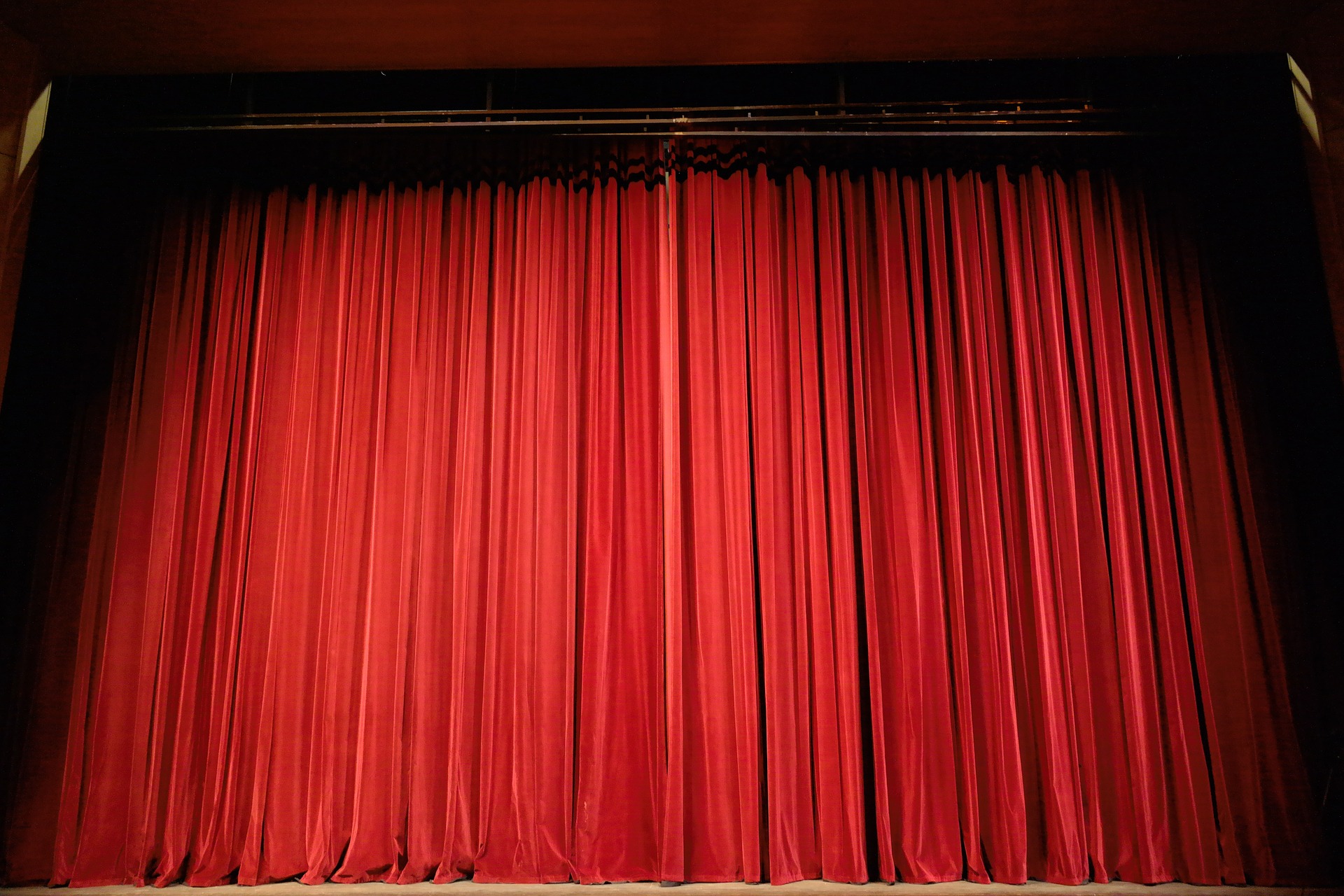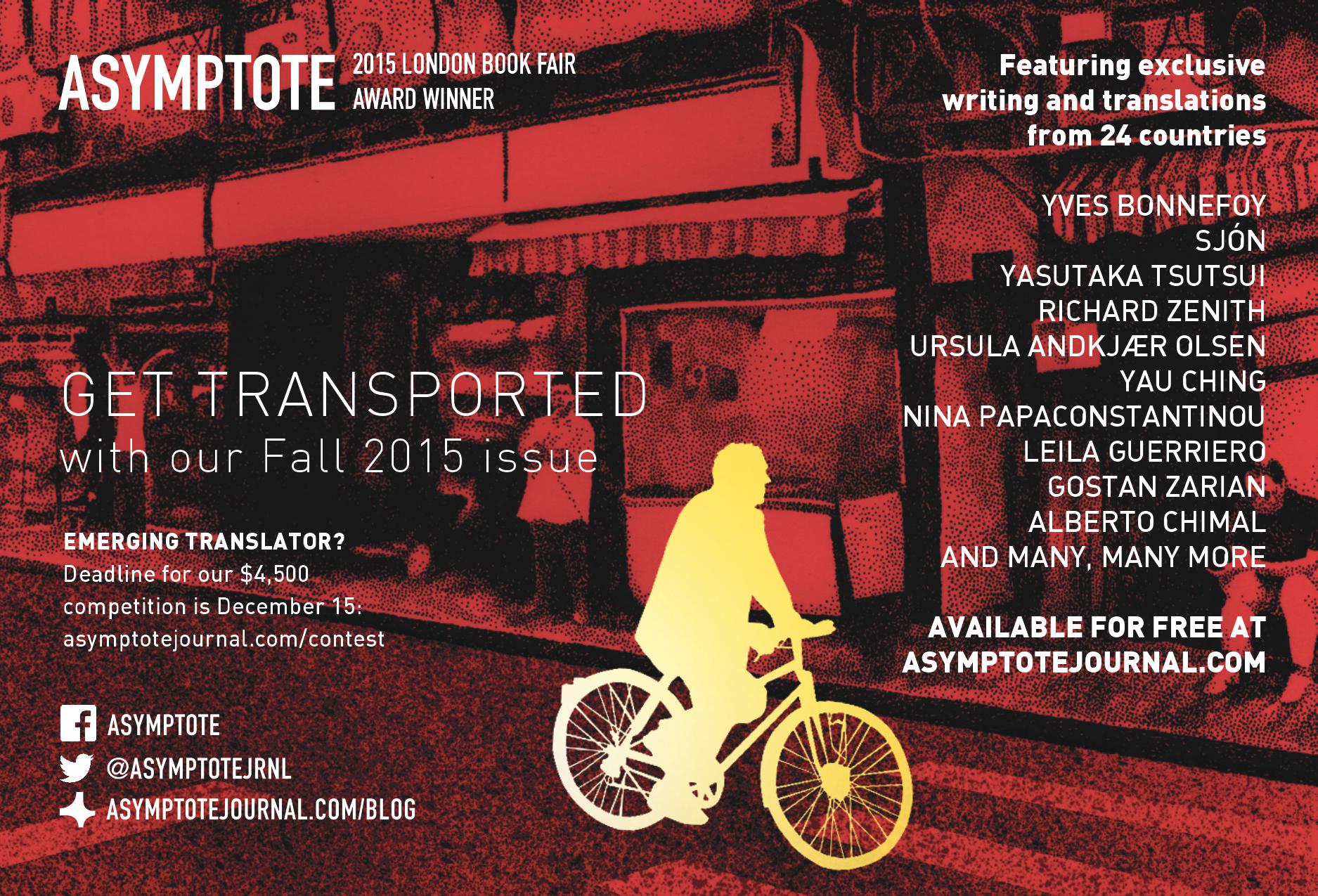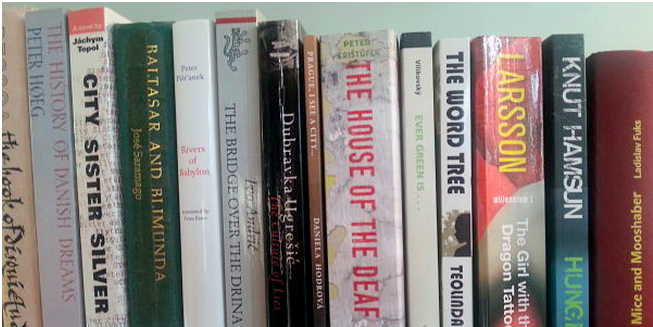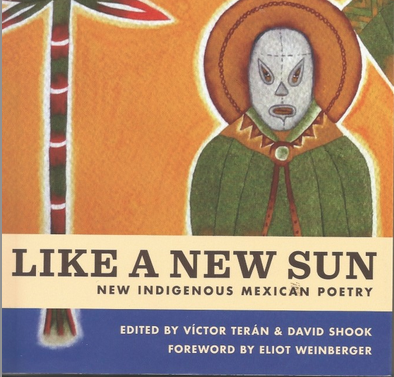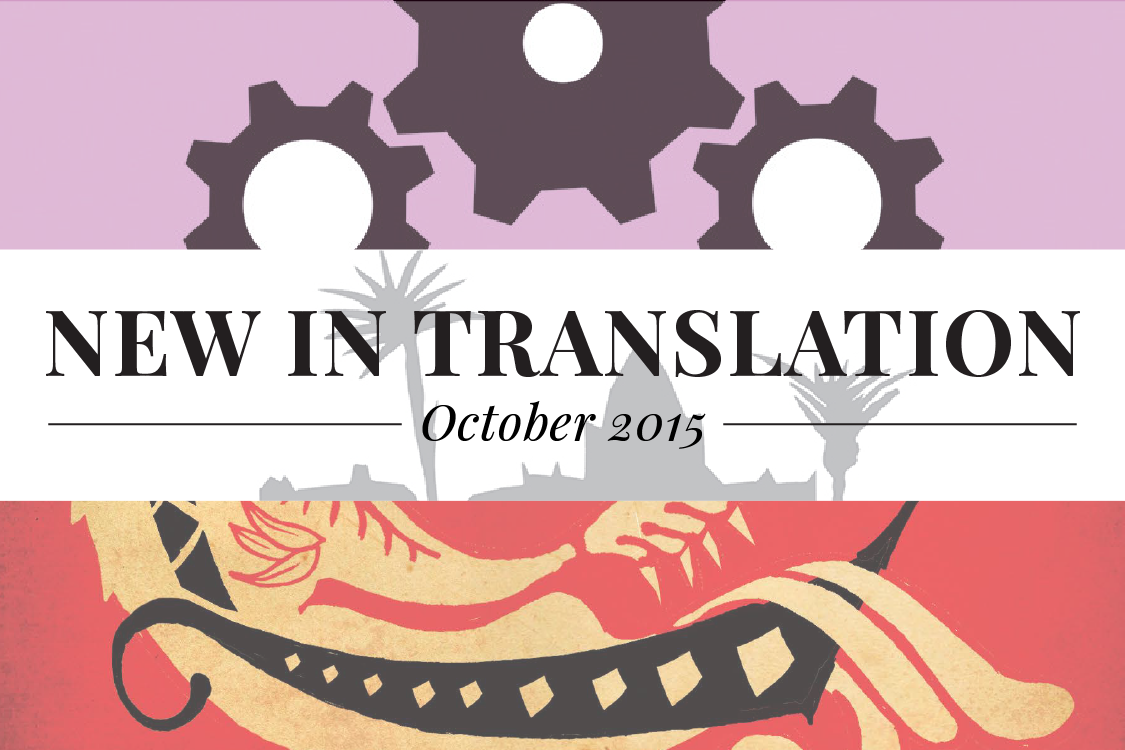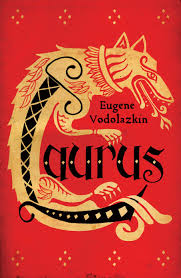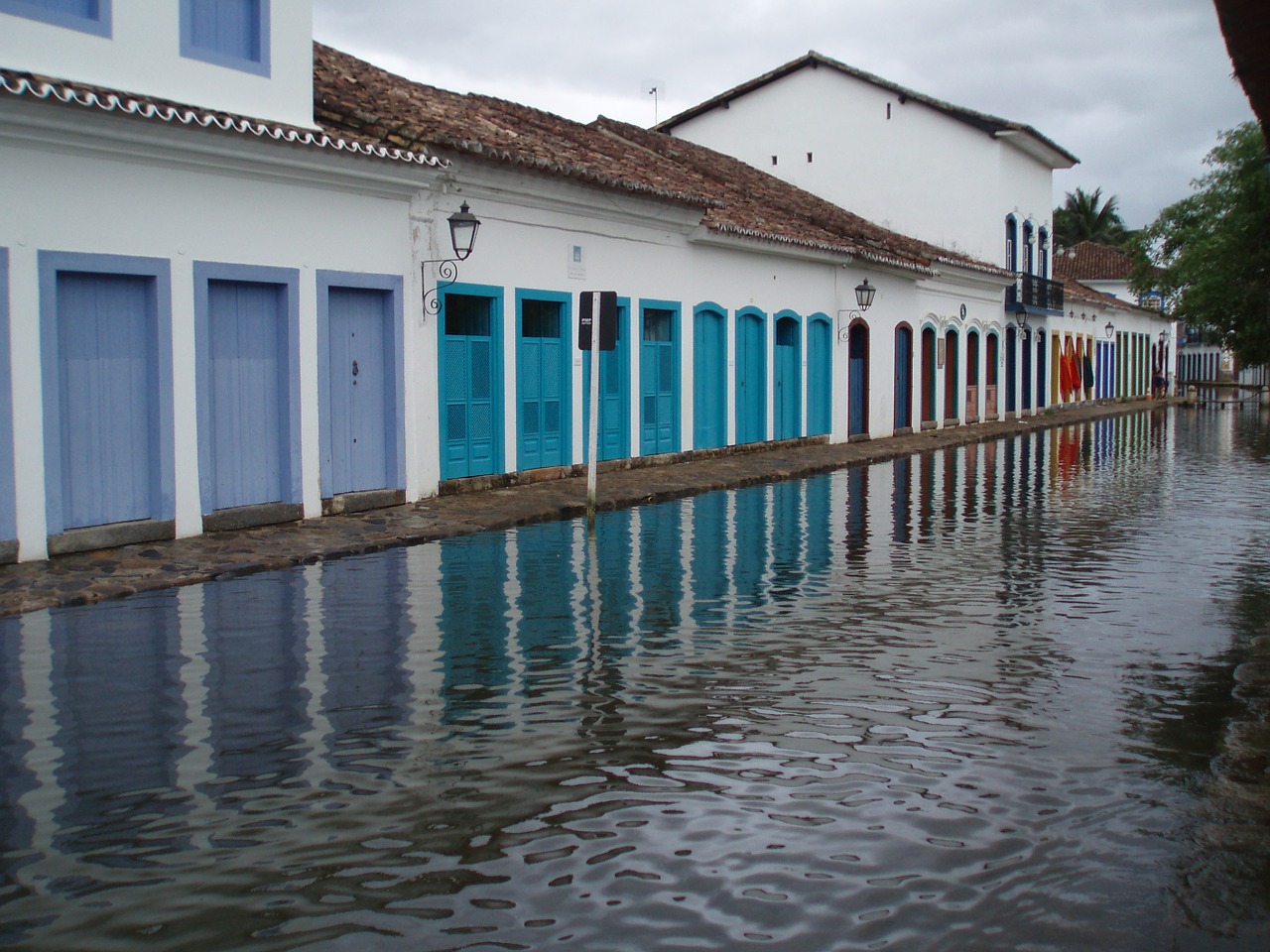It’s #Giving Tuesday! If you’ve enjoyed our Translation Tuesday posts, please consider a $25 donation to our newly launched fundraising drive today! Every little will help us bring you more of what you love.
***
In Japan everything always happened in reverse: wolves did not eat people, kamikazes were not afraid of death, grumpy people smiled, and Cinderella was a stoker’s son named Mamichigane.
Every day, Miriam thought about that typhoon-exhausted island she had never seen: Shuri Castle cloaked in flames, the drowned children of the Tsushima Maru, and the woman who came down from Heaven and had to stay on Earth because some man stole her magic kimono.
Every day, Miriam fed her fish, dusted off the glass cases of her tragic geishas, and cursed, with much gentility, her destiny as a South American. Her big brother’s explanations didn’t help much. As Kazuo so often reminded her, the Ryukyu Kingdom had little to do with Japanese traditions, and the people of Okinawa ever fled their island. Okinawa had to be the one place in the world with a commemorative statue of the Father of Immigration: Kyuzo Toyama, the hero who arranged the flight of the first Okinawan-Hawaiian citizens in 1899. For Kazuo, the argument reinforced a historical truth: their ancestors were in fact the first settlers of the Americas and, according to him, merely completing their millennia-long task. The Indian-American was practically Japanese; if Kazuo had any talent, he would draw a manga of the second wave of continental population, destined to perfect a race of supermen through dry-cleaning and karate. READ MORE…






